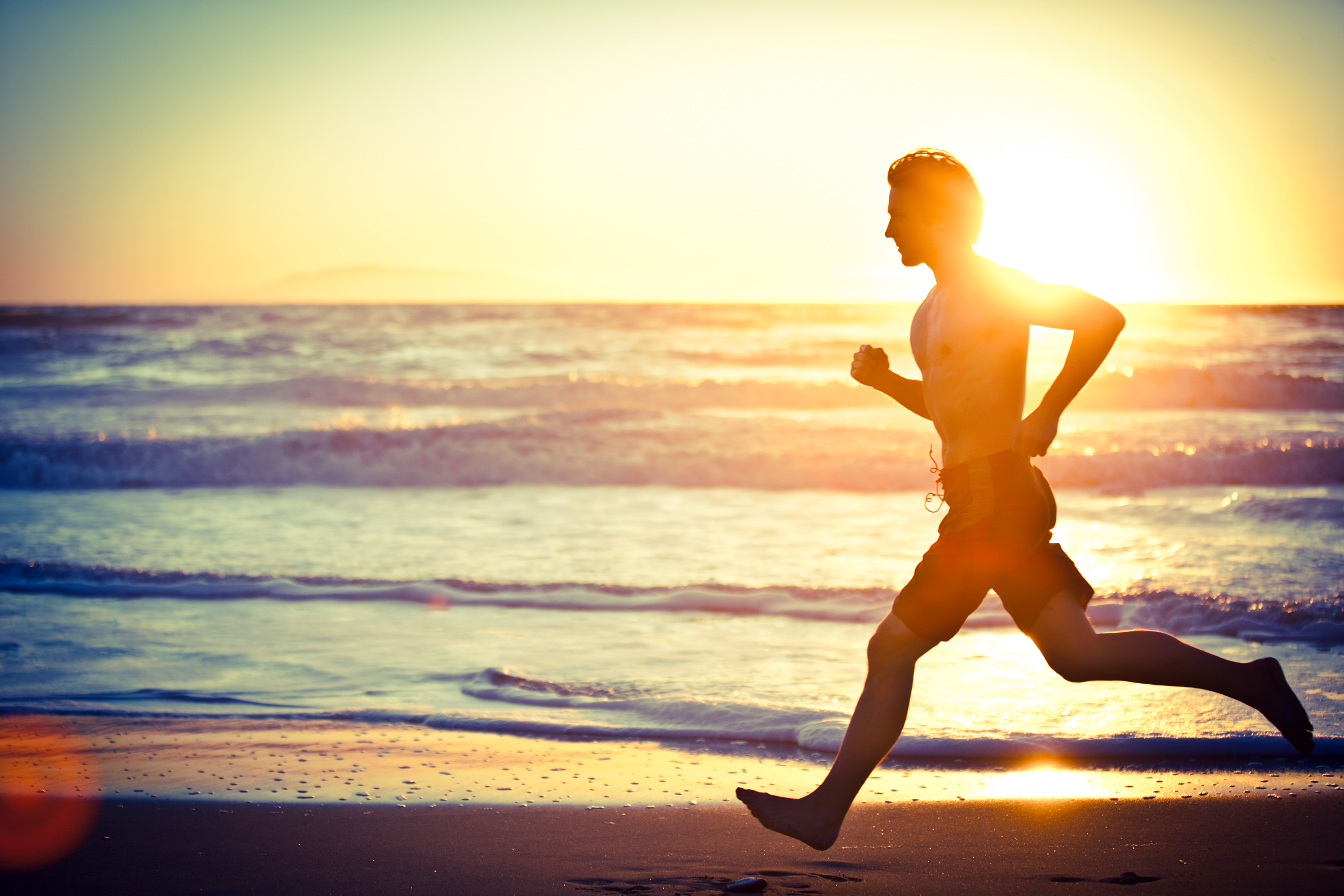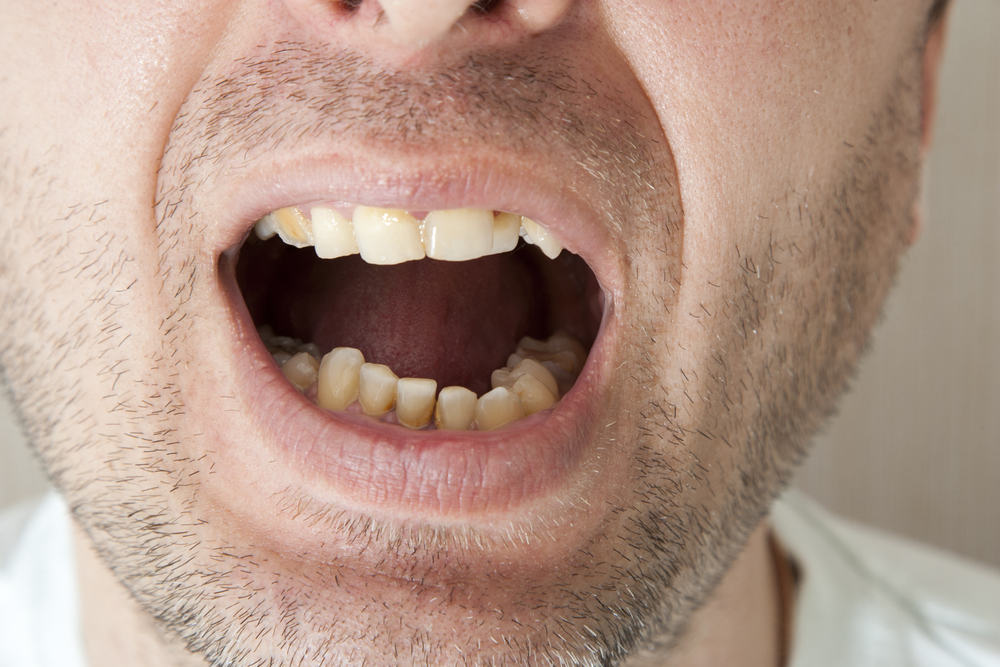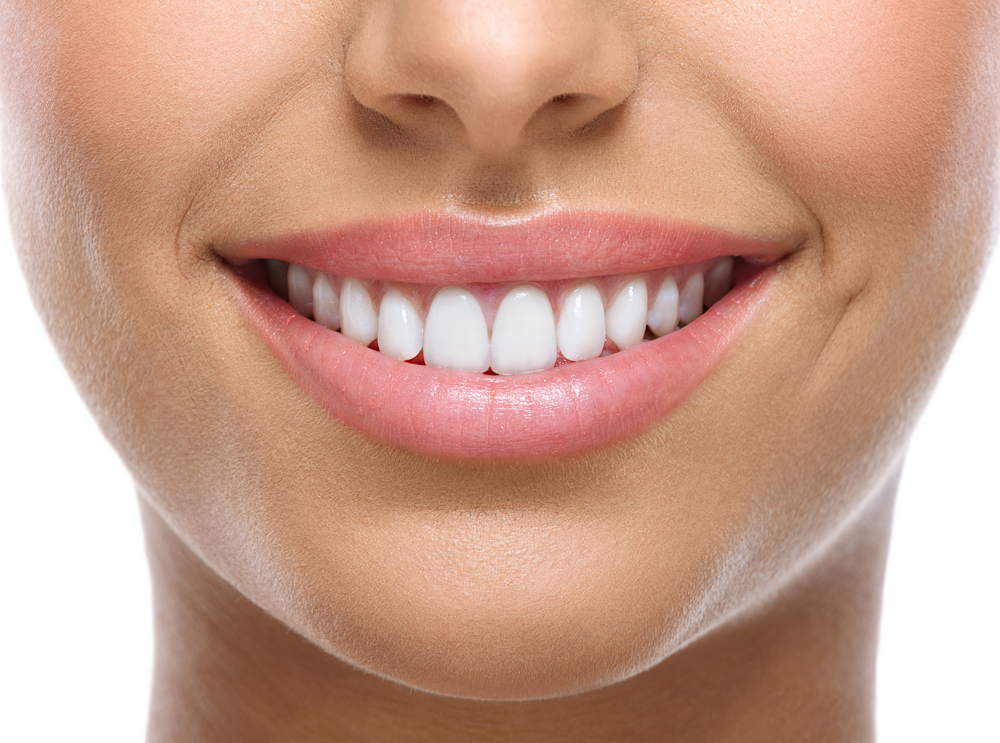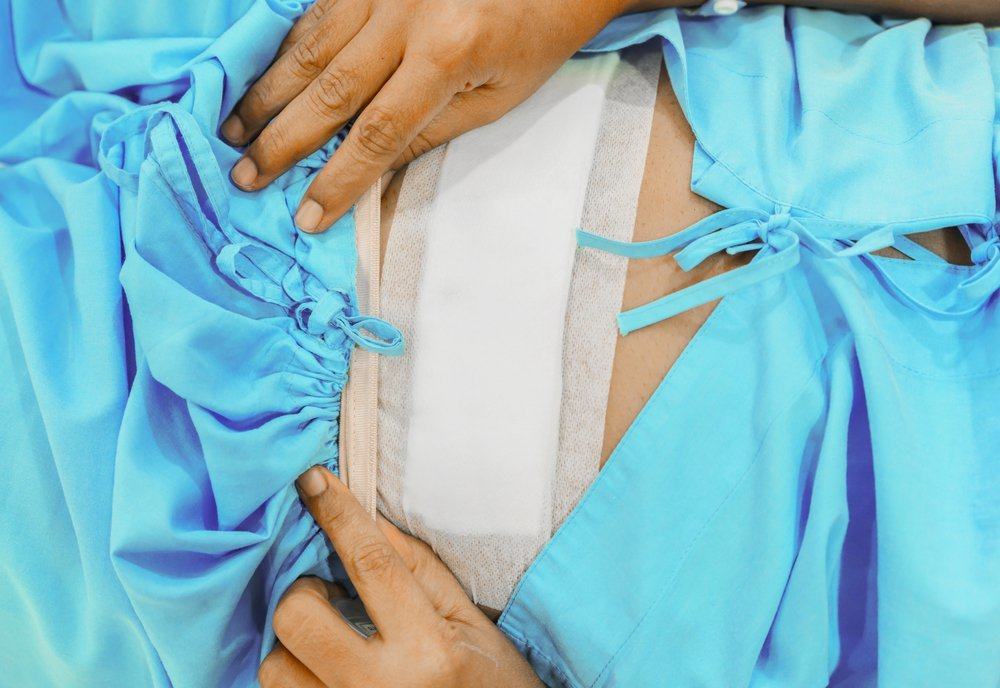Contents:
- Medical Video: 10 Warning Signs You Need More Vitamin D
- Who is at high risk of having vitamin D deficiency?
- 1. Pregnant and breastfeeding mother
- 2. Children under 5 years old (toddlers)
- 3. Adults over 55 years
- 4. People who spend time in space
- 5. People with darker skin
- 6. Vegan and vegetarian
- 7. People who have inflammatory bowel disease
- 8. People with obesity
- 9. People who are taking certain drugs
Medical Video: 10 Warning Signs You Need More Vitamin D
Vitamin D deficiency can result in stunted growth and bone strengthening. Unfortunately, the body cannot produce vitamin D itself. Meanwhile, vitamin D intake from food just not enough to meet your daily needs. Sunlight can provide additional vitamin D intake for the body. Even though Indonesia is always exposed to the sun every day, it does not rule out the possibility of many people experiencing vitamin D deficiency. Here are some people at high risk of vitamin D deficiency.
Who is at high risk of having vitamin D deficiency?
1. Pregnant and breastfeeding mother
Pregnant women are not only susceptible to vitamin D deficiency, but can also be deficient in vitamins A, B, C and so on because they have to be divided in half with the fetus. Babies need more vitamin D to form bones so that pregnant women need to take a walk in the morning to get sunlight.
Not only pregnant women, until the birth of babies and breastfeeding, women also tend to be deficient in vitamin D. Mothers still need to share breast milk with babies to grow healthy. Therefore, the mother must fulfill vitamin D needs for herself and for her baby.
2. Children under 5 years old (toddlers)
Toddlers under 5 years old are still in dire need vitamin D for bone formation and growth healthy. In addition to being helped with milk, vitamin D from the sun will improve the growth of the child's bones
3. Adults over 55 years
Apart from toddlers, the older, the body will need more vitamin D because the older the bones will be more fragile. So, calcium and vitamin D intake need to be added.
But when you reach that age it makes your movement less so it's hard to spend time outdoors and certainly get less vitamin D than when you were young. Not only that, even aging skin cannot synthesize vitamin D efficiently.
4. People who spend time in space
People who work in the office from morning to evening, spend time and sit for hours in the room, probably not too much to see the sun. This certainly makes them not get adequate vitamin D intake from sunlight. They need to get out and meet sunlight to keep their bones healthy. If you don't get sunlight, the greater the potential is affected osteoporosis or bone loss. So, get out and move in the sun to get enough vitamin D intake.
5. People with darker skin
People with dark skin have lower vitamin D levels than those who have brighter skin. This is because people with dark skin have more melanin in the skin layer of their epidermis. If you have dark skin, you can only rely on food sources that contain vitamin D, rather than sunlight as your daily vitamin D intake.
6. Vegan and vegetarian
Most foods that contain vitamin D come from animal products such as salmon and egg yolks. People with a lifestyle vegan and vegetarian not consume it.
However, vegetarians can still get vitamin D intake from milk, yogurt, and eggs. While vegans can add to this vitamin intake from mushrooms.
7. People who have inflammatory bowel disease
Vitamin D is a fat-soluble vitamin, which means that absorption depends on the intestine's ability to consume fat. Malabsorption fat is associated with inflammatory bowel disease which includes two conditions namely Crohn's disease and ulcerative colitis.
According to reports Journal of Gastroenterology and Hepatology, up to 70 percent of people with inflammatory bowel disease have insufficient vitamin D levels. If you have inflammatory bowel disease, ask your doctor how you get enough vitamin D intake.
8. People with obesity
People with high percentage of body fat or have body mass index more than 30 are prone to vitamin D deficiency. Therefore, talk to your doctor to find out how much daily vitamin D is right for you.
9. People who are taking certain drugs
Medication indeed helps you to relieve symptoms of the disease and can even cure the disease. However, of course all drugs have side effects. People who take drugs like prednisone (Deltasone, Rayos, and Prednicot), weight-loss drugs such as orlistat (Xenical and Alli), and cholesterol-lowering drugs (Questran, LoCholest, and Prevalite) can interfere with vitamin D metabolism.












